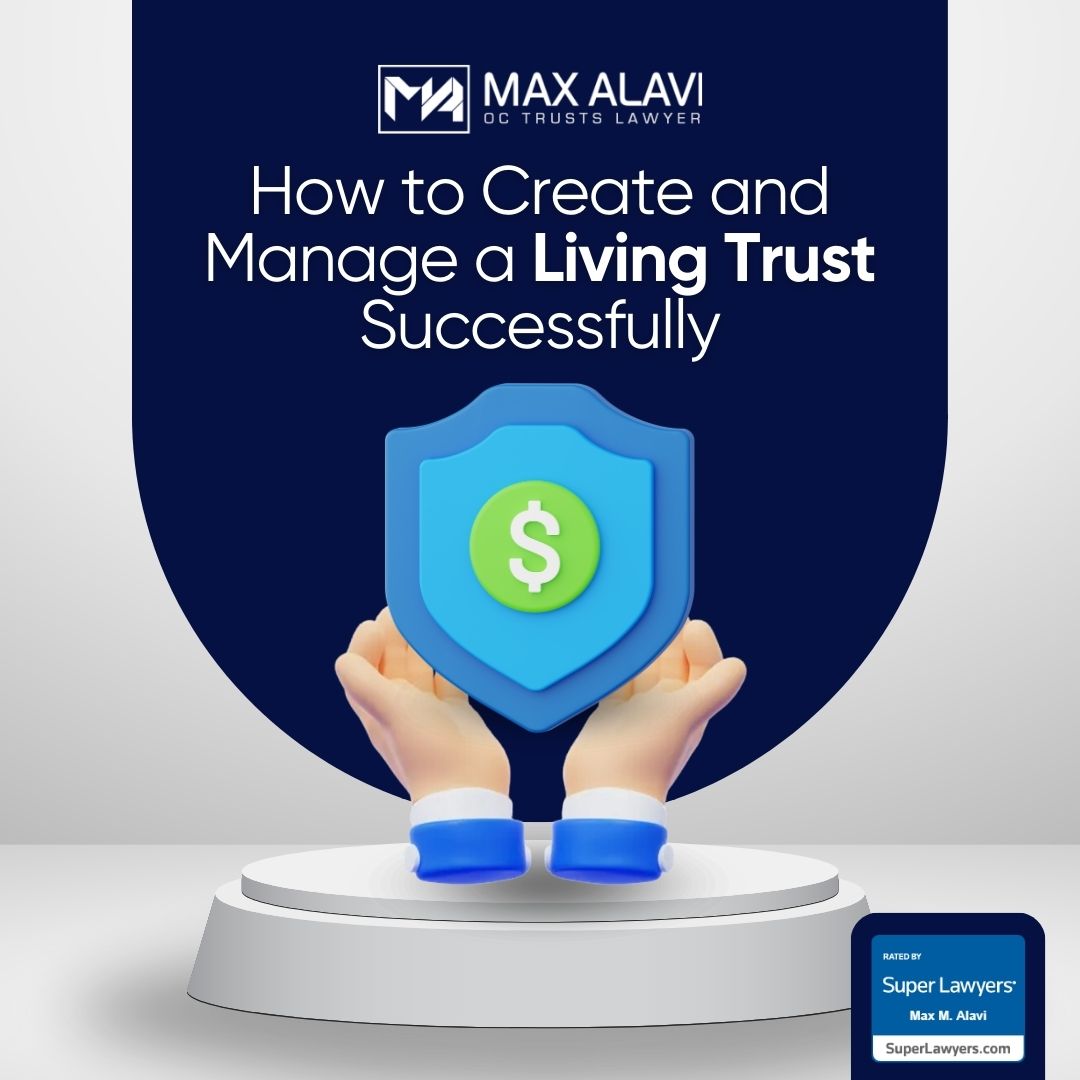If you’re grappling with issues such as when the trustee of a living trust that you are the beneficiary of has mismanaged the trust assets, you may need to take urgent action to stop the erosion of said assets. Here, we want to provide you with a quick primer as to the issues that will be considered by a trust and estate litigation attorney when he is assessing the merits of your case to file a lawsuit in the matter.
1. Check the statute of limitations
Statute of limitations is just a legal phrase for a deadline to file a lawsuit. Deadlines are always important to keep track of, and you want to make sure you don’t miss one especially when you want to challenge a trust. In California, the deadline to file a lawsuit to contest a trust is 120 days, or about 4 months, after you receive a notice of the trust’s administration. Once you pass this 120-day deadline, you can no longer challenge the trust in court, so stay alert!
2. Gather strong evidence for your case
If you want to challenge a trust, you’ll want to make sure that you have some strong reasons and evidence for why you are contesting the trust and why you should win in court. Take a look at Probate Code section 17200(b) for a list of legal grounds for challenging a trust. There are many reasons listed, but a few examples include compelling a trustee to provide an accounting to the beneficiary, appointing or removing a trustee, and determining whether the person who created the trust had the legal mental ability to create the trust. (Probate Code section 17200(b)). Schedule a free consultation with the experienced trust litigation attorneys at Max Alavi, OC Trusts Lawyer to determine whether you have a valid reason for challenging a trust in court.x
For example, if you believe the trustee has spent your inheritance money for their own needs, obtain some documents like bank statements that show that the trust money was spent improperly. If you believe someone was unduly influenced to create a trust, gather some physician reports that show the person was suffering from mental health issues, such as dementia.
3. Make sure you have standing
Simply put, standing is the ability to sue someone in court.
Probate Code section 17200(a) says that a beneficiary of a trust may bring a petition, or a lawsuit, in court to challenge the trust. Beneficiaries of a trust have the legal right to enjoy the trust property, so that is why they can sue to make sure that the trust is properly carried out. But what if someone else filed a petition to challenge a trust, and you are not the trust beneficiary, but you want to respond or object to the petition?
A Case Study
Garaventa Enterprises Inc. (2023). In this case, the company Garaventa Enterprises Inc. loaned money to a trust, but it was not a beneficiary of the trust. The court allowed the company to respond to the petition because it was an “interested person,” or someone with a right or interest in the trust. (Probate Code section 1043).
This means that, if you are thinking of your own case, although you are not a beneficiary of the trust, you could still have standing to be involved in a trust lawsuit because you have some interest in the trust.
Speak with an Experienced Trust Litigation Lawyer Today
Figuring out whether you can challenge a will or trust can be a complicated process. The best way to avoid potential legal problems is to be represented by a knowledgeable trust and estate litigation attorney. Max Alavi APC, OC Trusts Lawyer, is a highly skilled trust and estate litigation lawyer who can help you accurately determine whether you are ready to sue and fight for your inheritance. Contact our office today to schedule a free consultation.






